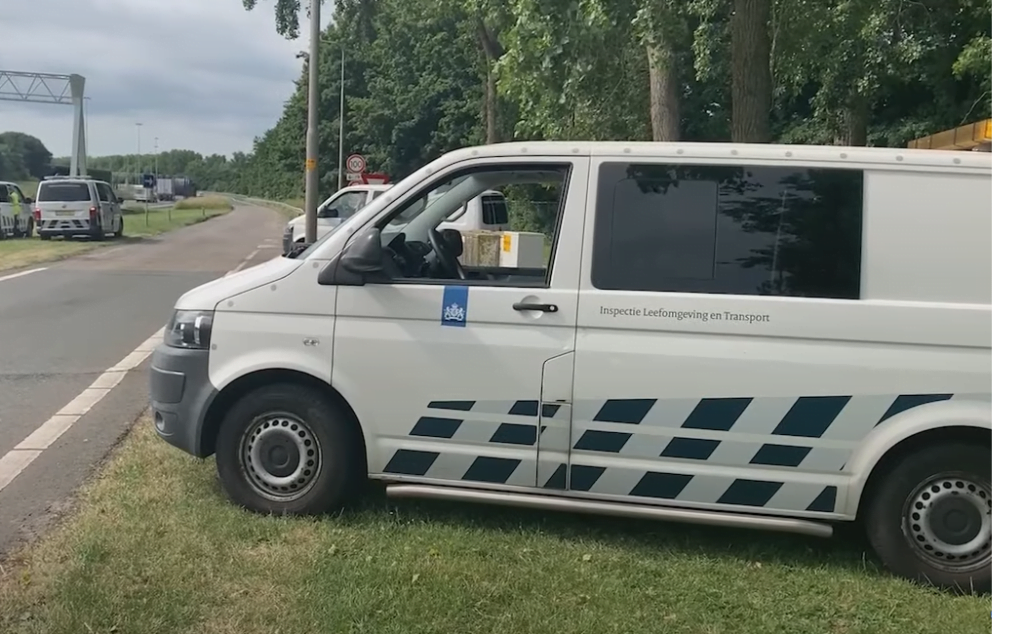Inspectorate notes 39 violations during inspection week for road transport of goods.
The intensive inspection of cabotage transport by the Human Environment and Transport Inspectorate (ILT) has revealed significant violations. During the European inspection week, held from 2 to 5 April, the ILT focused on cabotage transport in the Netherlands, with specific actions in places such as Bodegraven, Geldrop, Moerdijk, Venlo, Zwolle and on the Maasvlakte. Cabotage transport, in which foreign carriers transport goods within a country, is under scrutiny due to concerns about fair competition and safety in the transport sector.
In total, the ILT carried out 120 inspections, during which 39 violations were identified, which indicates significant non-compliance with European and Dutch regulations. Most violations took place in Bodegraven, Geldrop and on the Maasvlakte. The violations ranged from illegal cabotage and the lack of a driver's certificate to incorrect operation of the tachograph, which is essential for recording driving and rest times.
In addition to cabotage, the ILT also focused on other important aspects such as driving and rest times, chain liability, and compliance with the posting directive. These rules are crucial for guaranteeing a fair transport market and protecting the social and safety interests of drivers.

The ILT remains committed to increasing the quality and safety of road transport through regular inspections and cooperation within European frameworks.
The most notable measures imposed during the control week included ten citations for illegal cabotage and ten fine reports for taking the normal weekly rest in the cabin, which is strictly prohibited. Employers are obliged to provide accommodation or ensure that drivers can return to their place of employment. In addition, two reports were issued for the lack of a driver certificate, which shows that a non-EU driver works under Dutch employment conditions.
Furthermore, five fine reports were drawn up for incorrect handling of the tachograph and one report for the lack of the required bumper bar on a drop-off container. The latter is a safety measure to prevent cars from sliding under the container in the event of a collision.
The collaboration within the Euro Control Route (ECR), a European network of enforcement agencies, played a crucial role in this control week. The ECR aims to harmonize enforcement, knowledge sharing and information exchange to make the road transport sector safer, fairer and more sustainable. This supervision is a clear signal to the transport sector that compliance with the rules is essential to ensure safety and fair competition.




